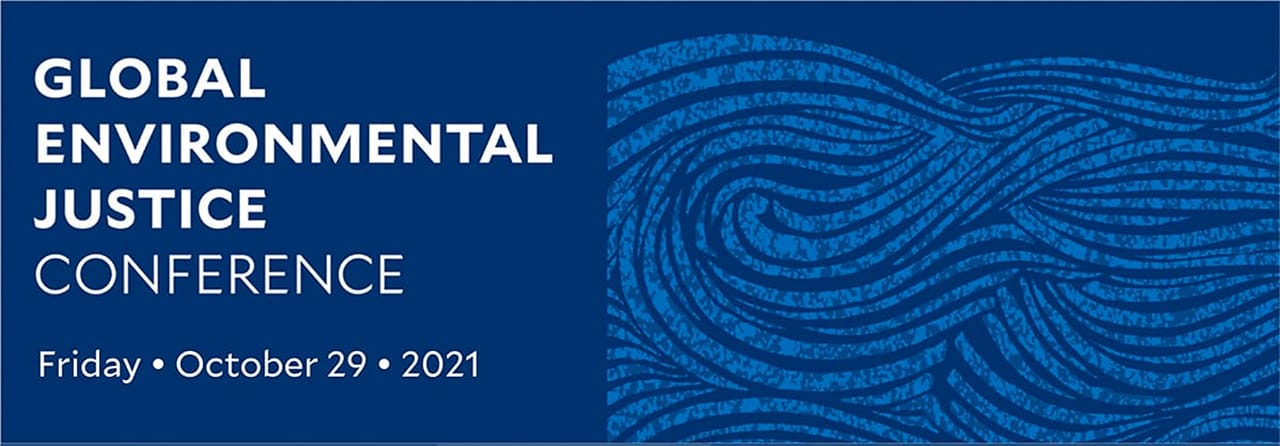Panels
Pathways to a green and just recovery for energy systems, housing, and communities
9:30 am EDT
The pandemic has revealed and widened disparities along racial and economic lines, and the climate emergency has become increasingly clear as we experience wildfires, hurricanes, floods, and other supercharged extreme events. During periods of crisis, windows of opportunity may open to allow for transformational political and social changes, though such changes are far from guaranteed. Situated at this moment of both crisis and opportunity, panelists will put forward visions for a just green recovery at the nexus of energy justice, housing, and climate change; describe the compounding environmental, health, social, and economic inequities a just green recovery would help to resolve; and reflect on what is needed to reach the visions and what challenges stand in the way. The panel will focus particularly on the United States, while also drawing on research and experience from the international context, particularly the global south.
Panelists
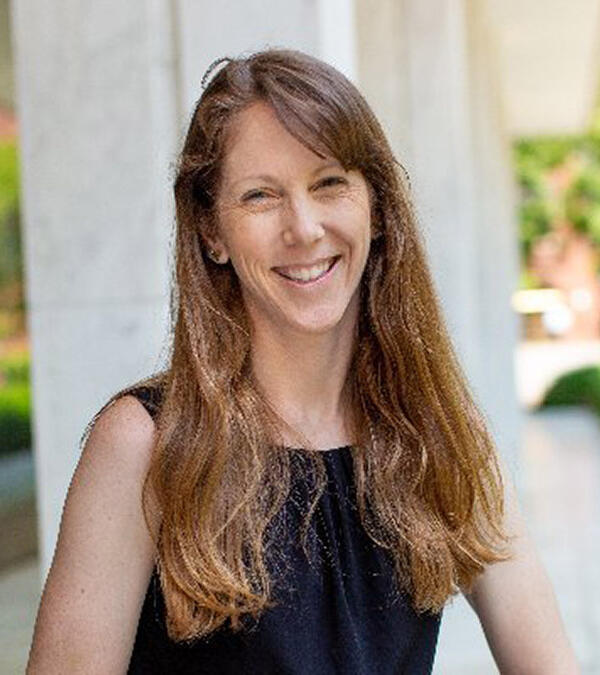
Shannon Baker-Branstetter is the director of Domestic Climate and Energy Policy at American Progress. They previously led federal and state policy and coalitions on climate, racial equity, transportation, and energy at Dream Corps Green For All. Before that, Baker-Branstetter managed the cars and energy advocacy team at Consumer Reports and worked for a plaintiff-side employment civil rights law firm as well as the U.S. Department of Labor. Baker-Branstetter earned a J.D. from Georgetown University Law Center, a Master of Public Policy from the University of California, Los Angeles, and a bachelor’s degree from Yale University. They hold bar licenses in California and Washington, D.C.
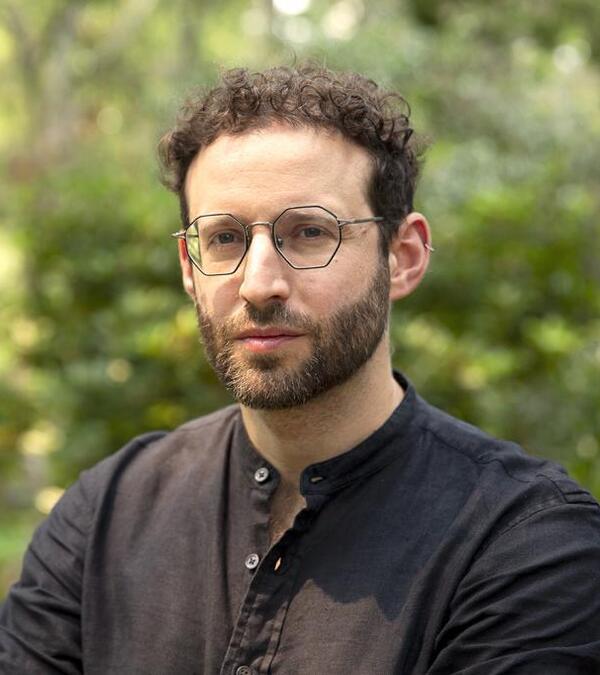
Daniel Aldana Cohen is Assistant Professor of Sociology at the University of California, Berkeley, starting on July 1, 2021. He directs the Socio-Spatial Climate Collaborative, or (SC)2, and co-directs the climate + community project. He is a CIFAR Azrieli Global Scholar (2021-23). In 2018-19, he was a Member of the Institute for Advanced Study in Princeton, New Jersey. He is the co-author of A Planet to Win: Why We Need a Green Deal (Verso 2019). He is currently completing a book project called Street Fight: Climate Change and Inequality in the 21st Century City, under contract with Princeton University Press.
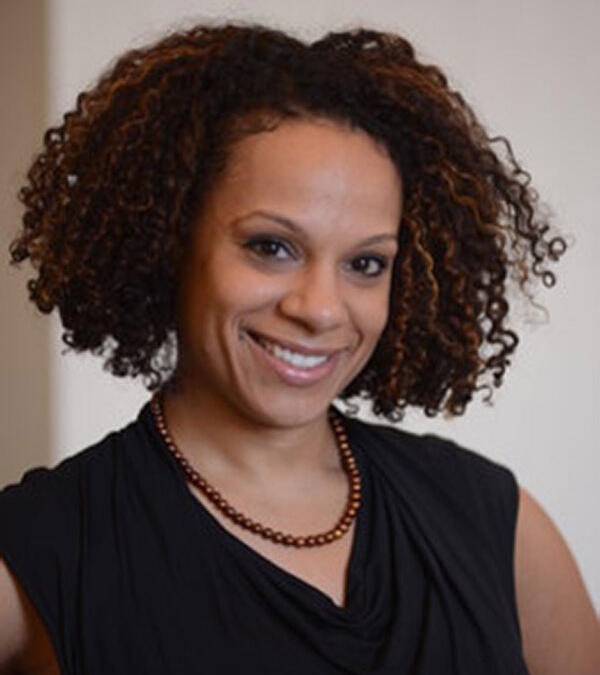
Diana Hernández, PhD is an Associate Professor of Sociomedical Sciences at Columbia University’s Mailman School of Public Health. A sociologist by training, her work focuses on the social and environmental determinants of health by examining the impacts of policy and place-based interventions on the health and well-being of socioeconomically disadvantaged populations. A leader in the field, Dr. Hernández has advanced the concept of energy insecurity to reflect challenges associated with meeting basic household energy needs. Much of her community-oriented research has been conducted with community groups and government agencies and several of her projects have been conducted in her native South Bronx neighborhood, where she also lives and invests in social impact real estate.
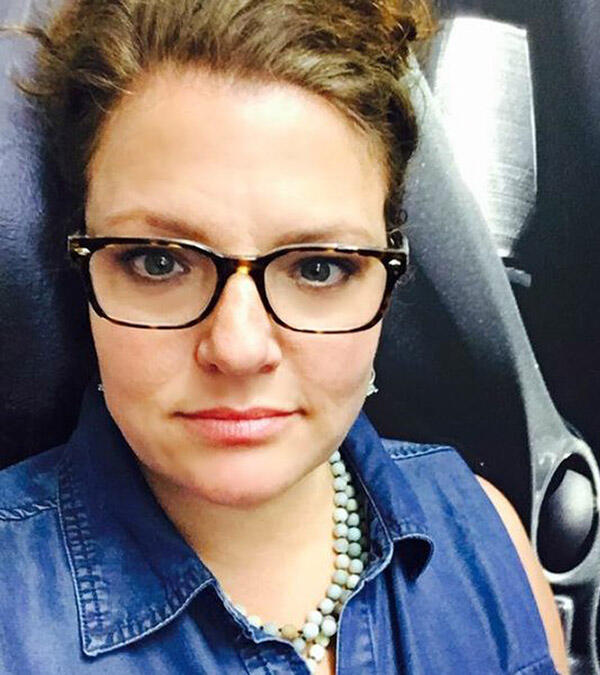
Chéri is a descendant of the Mi’Kmaq Tribe of what is now Northern Maine and the Canadian Maritimes. Her experience in the fields of renewable energy and environmental sustainability spans two decades and multiple sectors. She founded Indigenized Energy Initiative in 2016, driven by the desire to honor her own Native American heritage by leveraging her knowledge to bring the life-changing economic and environmental benefits of solar to struggling indigenous communities within the United States. Prior to founding Indigenized Energy Initiative, Chéri was leading Workforce Strategy for Tesla, Inc., following her tenure as Head of Workforce and Training Development for SolarCity.
Discussants
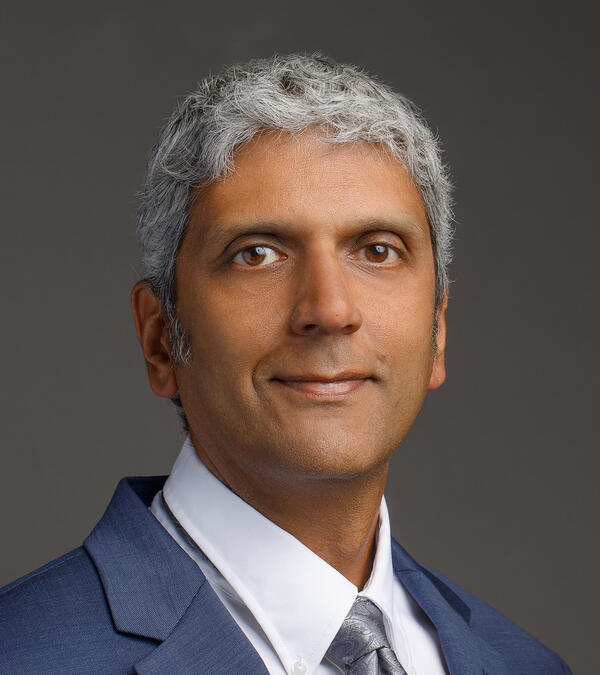
Dr. Narasimha D. Rao is an Associate Professor of Energy Systems at the Yale School of the Environment. He also serves as a Senior Research Scholar at the International Institute for Applied Systems Analysis. Dr. Rao’s research examines energy systems, climate change and inequality. He is particularly interested in equity in energy transitions, and the impacts of climate change and its mitigation on poverty around the world. He is a contributing author to the IPCC’s Sixth Assessment Report. He was a recipient of the European Research Council (ERC) Starting Grant for a project entitled Decent Living Energy – which examines the energy and climate impacts of poverty eradication in emerging economies. He received his PhD from Stanford University in Environment and Resources, and Masters degrees from the Massachusetts Institute of Technology in Technology Policy and Electrical Engineering.
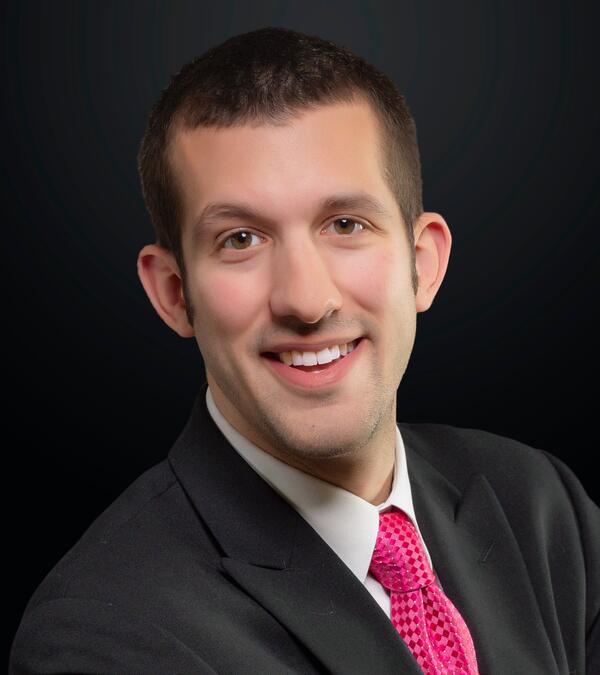
Rory is a PhD student at the Yale School of the Environment researching climate change and air pollution impacts on human health and health equity. Prior to joining Yale, he worked as an organizer for environmental and social causes with the Public Interest Research Group. He then led advocacy, research, and programmatic work with the Los Angeles Business Council Institute, encompassing environmental equity, sustainability, housing & homelessness, transportation, and MWBE inclusion. Rory received his Masters of Science at Harvard University and Bachelor of Science at Roosevelt University.
Toward a Just Recovery: Theories of change to advance just solutions
12:30 pm EDT
Contemplating the difference between “knowing that” and “knowing how” requires engagement with questions of moving from diagnosis to solution. What is our responsibility to grapple with the environmental crises confronting us? How do conceptions of justice inform our understanding of both problems and solutions? This panel will look at how different disciplines shape the questions we ask and the solutions we envision. The format of this panel will encourage talking across disciplines as we articulate theories of change. Every vision is partial, but the problems of the environment demand we see more.
Panelists
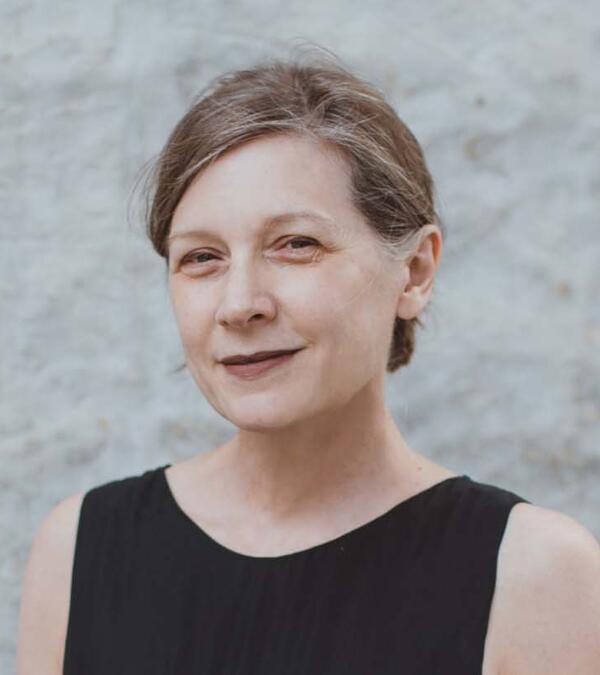
Keller Easterling is a designer, writer and professor at Yale. Her books include, Medium Design (Verso 2021), Extrastatecraft: The Power of Infrastructure Space (Verso, 2014), Subtraction (Sternberg, 2014), Enduring Innocence: Global Architecture and its Political Masquerades (MIT, 2005) and Organization Space: Landscapes, Highways and Houses in America (MIT, 1999). Easterling is also the co-author (with Richard Prelinger) of Call it Home a laserdisc/DVD history of US suburbia from 1934-1960. Easterling lectures and exhibits internationally. Her research and writing was included in the 2014 and 2018 Venice Biennales. Easterling is a 2019 United States Artist in Architecture and Design.
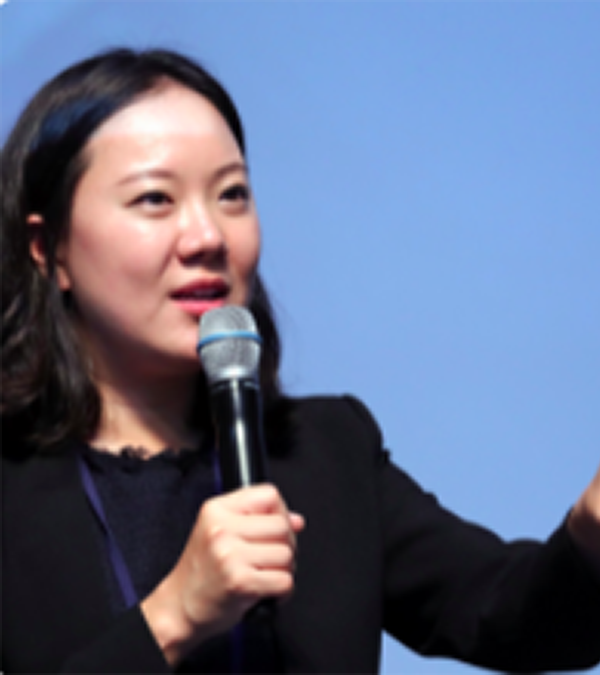
Sunyoung “Sonia” Park is the Director of Partnerships and Engagement at Namati. In this role, she leads efforts to mobilize resources and support for the grassroots legal empowerment movement globally. Before joining Namati, Sonia spent 9 years supporting systems-changing social entrepreneurs around the world. She led Ashoka’s Global Venture team to grow and innovate the search and selection of Ashoka Fellows, and launched Ashoka in South Korea. Earlier in her career, Sonia taught students of foreign affairs and worked as a trade policy analyst with the Korean Embassy in Washington, DC. She holds a BA in International Studies from Johns Hopkins University, and a graduate degree in Middle East Studies from the American University in Cairo.
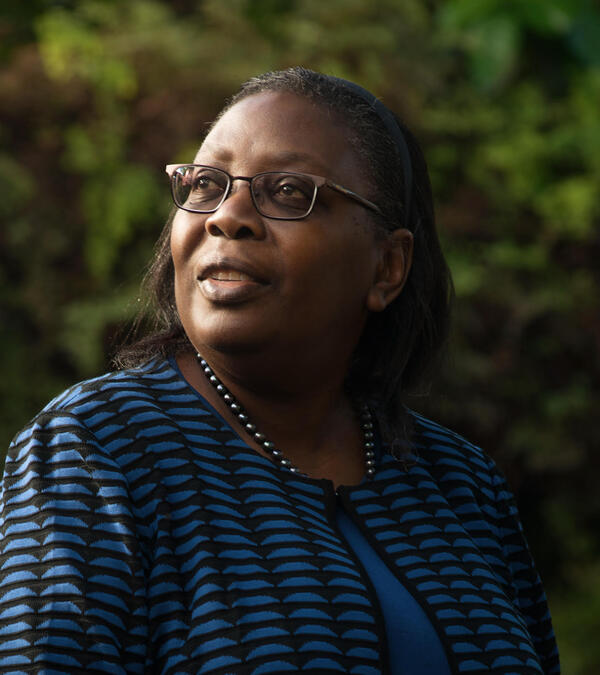
Dr. Dorceta Taylor is a professor at the Yale School of the Environment. Prior to that she was a professor of environmental sociology at the University of Michigan’s School for Environment and Sustainability (SEAS) for 27 years. She was the James E. Crowfoot Collegiate Chair and the Director of Diversity, Equity, and Inclusion at SEAS. She also holds a joint appointment with the Program in the Environment. Dr. Taylor is the former Field of Studies Coordinator for SEAS’ Environmental Justice Program and a past Chair of the American Sociological Association’s Environment and Technology Section. Professor Taylor received PhD and master’s degrees from the School of Forestry & Environmental Studies and the Department of Sociology at Yale University in 1991, 1988, and 1985.
A just recovery for the global food system
2:45 pm EDT
Many commentators have asserted that the COVID-19 pandemic shone a light on weaknesses in our food systems. What are these and how can we best use lessons learned to work toward just and equitable food systems locally, nationally, and internationally that are less susceptible to shocks? This panel will engage with scholars and practitioners working towards food system justice to explore what a just recovery means for the food system and what food systems could like if they were centered on things like care, access, dignity, reclamation, relations, and intergenerational justice.
Panelists
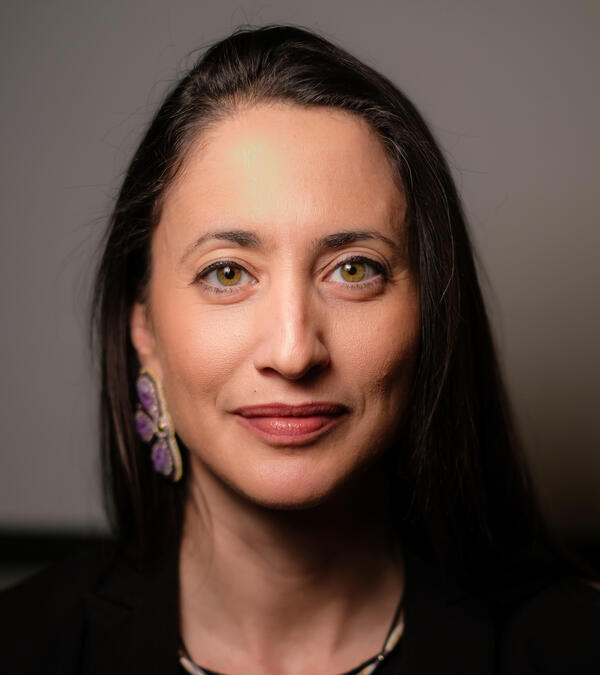
Elizabeth Hoover is an associate professor in Environmental Science, Policy, and Management at UC Berkeley whose research, life, and community work focuses on food sovereignty and environmental justice for Native American communities. Based on collaborations with tribal communities across the US, Elizabeth has published books and articles about Native American food sovereignty and seed rematriation; environmental reproductive justice in Native American communities; and tribal citizen science and community based participatory research.
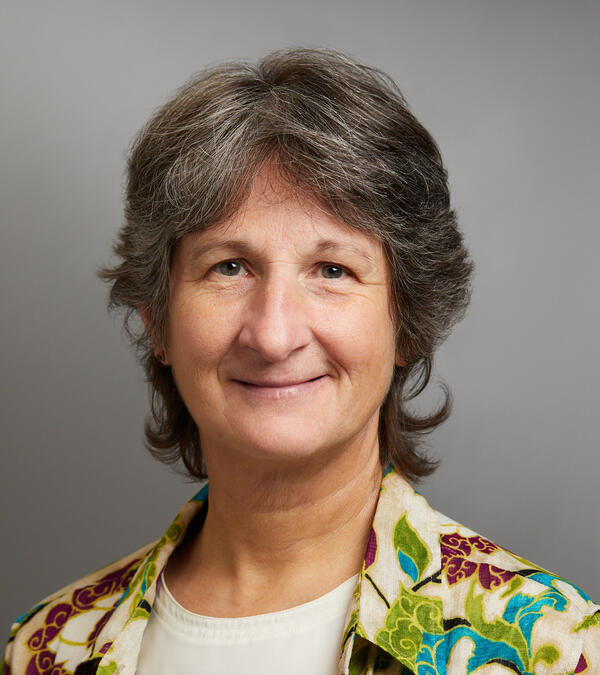
Dr. Debbie Humphries has a broad background in public health research and practice. She has been a consultant in the areas of diet and physical activity behavior change, sustainability of community health programs, program monitoring and evaluation, and training in participatory monitoring and evaluation. She has extended that reach through her Practice-based Community Health Research course which places student groups with agencies in Connecticut to plan and evaluate programs. Dr. Humphries’ research addresses interactions between nutrition and infectious disease, as well as programmatic approaches to improving public health. This work has taken her to Asia and Africa where she has studied environmental factors and intestinal helminth infections and their relationship to anemia as well as effectiveness of intervention programs. She is part of the R3EDI hub at the Center for Interdisciplinary Research on AIDS (CIRA) at Yale, providing technical assistance on implementation science and HIV as part of the Ending the HIV Epidemic Initiative. Humphries is also a member of the Community Research Engagement steering committee at Yale.
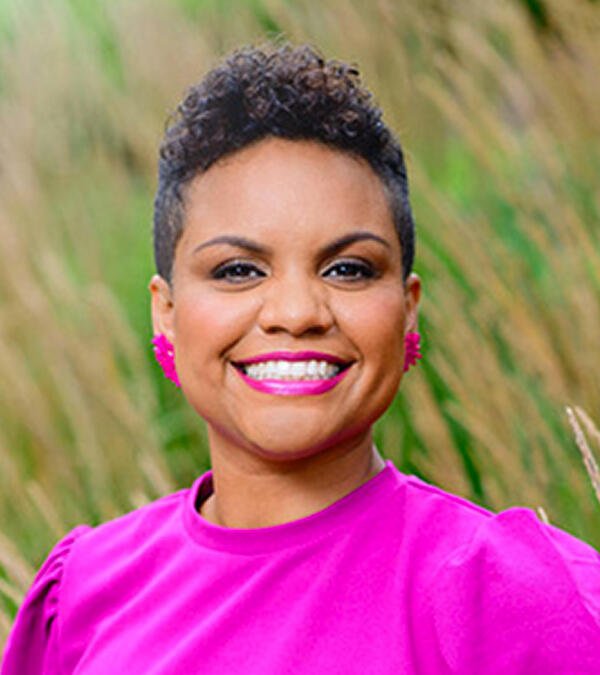
Naya Jones, PhD (she/her/hers) is a critical geographer and cultural worker. Her solo projects and her collaborative work with community organizations lift up Black geographies of food, health, and healing. With an emphasis on North and Latin America, each of these highlight Black ecological knowledge. Jones devotes particular attention to how these geographies are situated and embodied in everyday life. She explores arts-based methods, from participatory film to performance. Her current book project foregrounds African-American plant knowledge and the Great Migration. Prior to returning to academe, Jones consulted for BIPOC-led organizations as they reclaimed and reimagined ancestral healing ways. Her “roots” as a Blaxicana inspire her commitment to collective liberation work within and beyond the academy. Her writing and art has been published in academic journals, creative magazines, and edited volumes. She is an Assistant Professor of Sociology at the University of Santa Cruz, where she is also Core Faculty in the Global and Community Health Program. Visit her virtual home at www.nayajones.com.
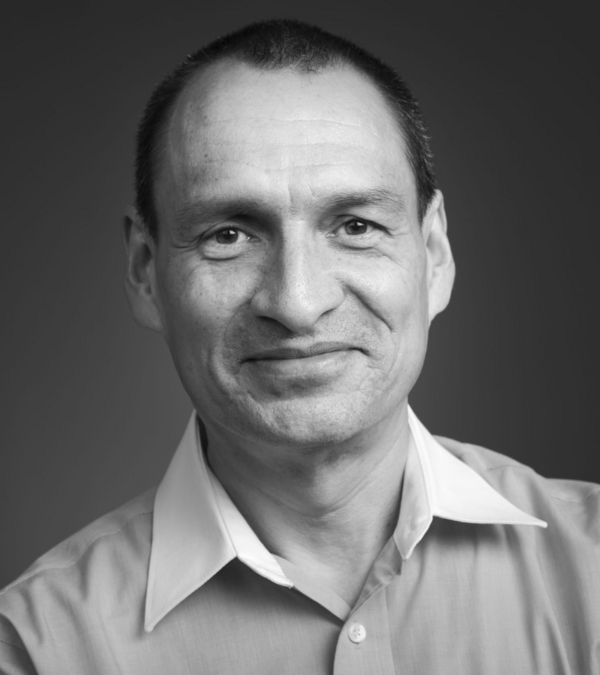
Ricardo J. Salvador is Director and Senior Scientist of the Food & Environment Program at the Union of Concerned Scientists, in Washington DC. He leads a team of scientists, economists, policy analysts and organizers to make the case that modern, sustainable practices can be highly productive while also protecting the environment, producing healthy food, and creating economic opportunity for all. He is a member of the Board of Agriculture and National Resources of the National Academy of Sciences, and of the International Panel of Experts on Sustainable Food. Prior to joining UCS, was Program Director for Food, Health and Wellbeing at the W. K. Kellogg Foundation, where Ricardo partnered with colleagues to create grant-making programs that addressed the connections between food and health, environment, economic development, sovereignty, and social justice. Ricardo is an agronomist with a focus on sustainability and systems analysis. His undergraduate degree in agriculture is from New Mexico State University, and his M.S. and Ph.D. degrees in crop production and physiology are from Iowa State University.
Discussants
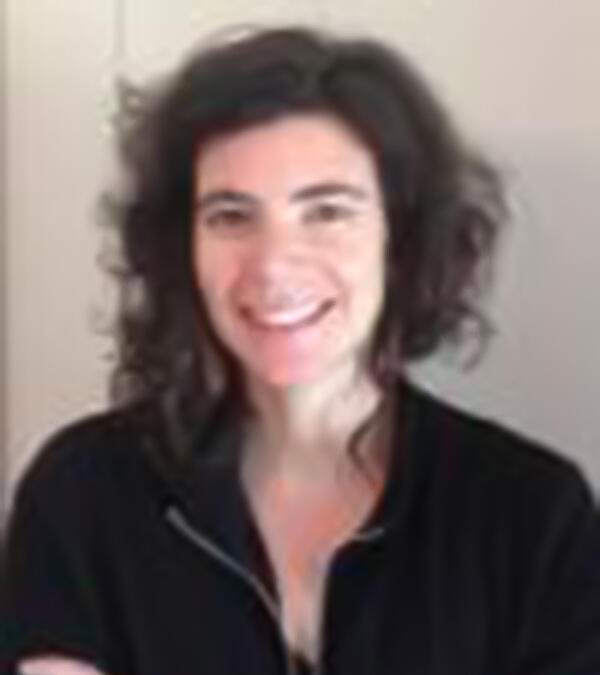
Samara Brock has worked for over fifteen years in sustainable food systems as a planner for the City of Vancouver, implementing agricultural projects in Cuba and Argentina, and as a program officer at the Tides Canada Foundation funding organizations working on complex conservation, climate change, and food system initiatives. She holds a master’s in Community and Regional Planning from the University of British Columbia, and a master’s in Food Culture from the University of Gastronomic Sciences in Italy. She is currently pursuing a PhD at the Yale School of Environment where her research focuses on organizations attempting to transform the future of the global food system.
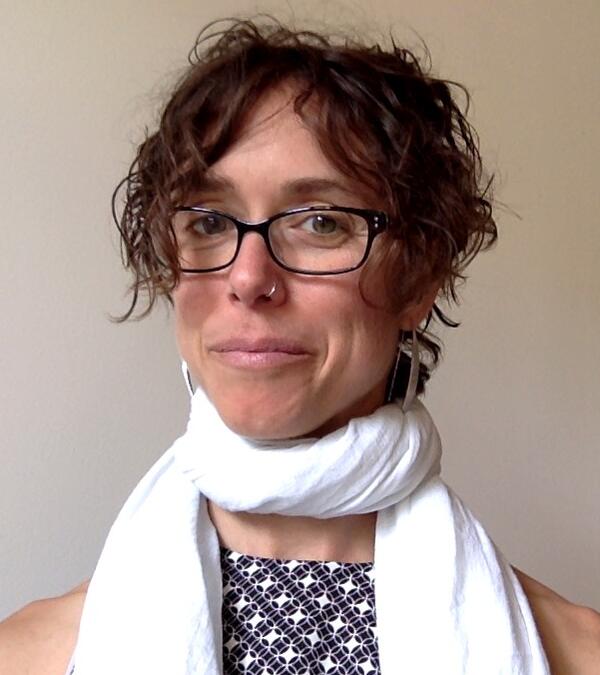
Dr. Kristin Reynolds is a critical food geographer whose work focuses on the intersections of food systems; social justice; and food policy at multiple scales. Her research over the past 15 years has examined racial and economic justice in urban agriculture in California, New York and Paris; food sovereignty implications of heritage grain production in Eastern France; and the roles of scholars using action research to advance social and environmental justice in the food system. Dr. Reynolds is Lecturer at Yale School of the Environment; and she is a visiting professor and Chair of Food Studies at The New School in New York City. She holds a Ph.D. in Geography and M.S. in International Agricultural Development from the University of California, Davis. Research website: www.foodscholarshipjustice.org | Twitter: @cultivatejust.
People and Partners
Yale School of the Environment
Kroon Hall
195 Prospect Street
New Haven, CT 06511
Email: ycej@yale.edu

